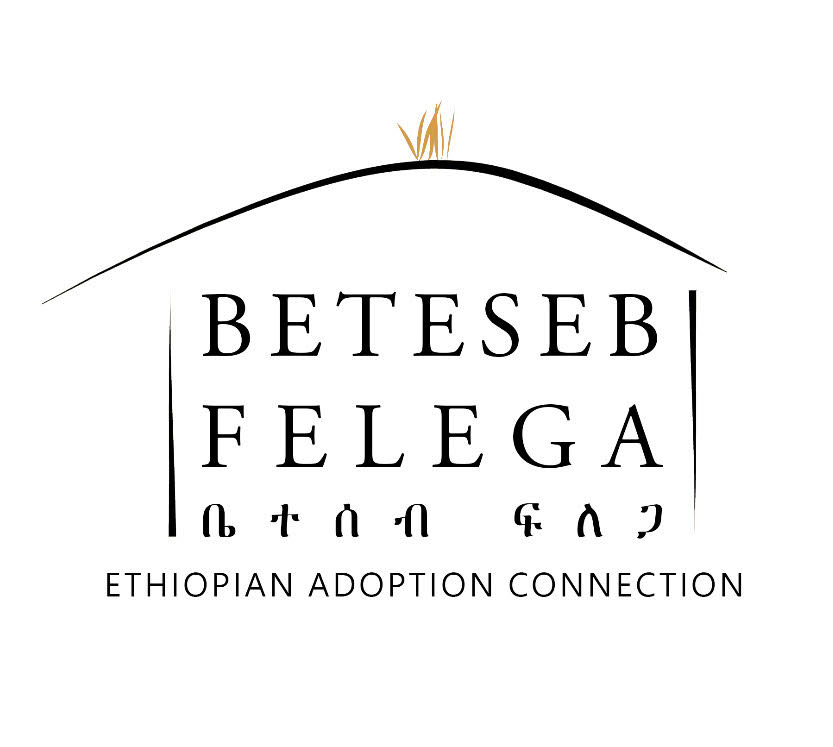Canvas Rebel Interview, October 2023
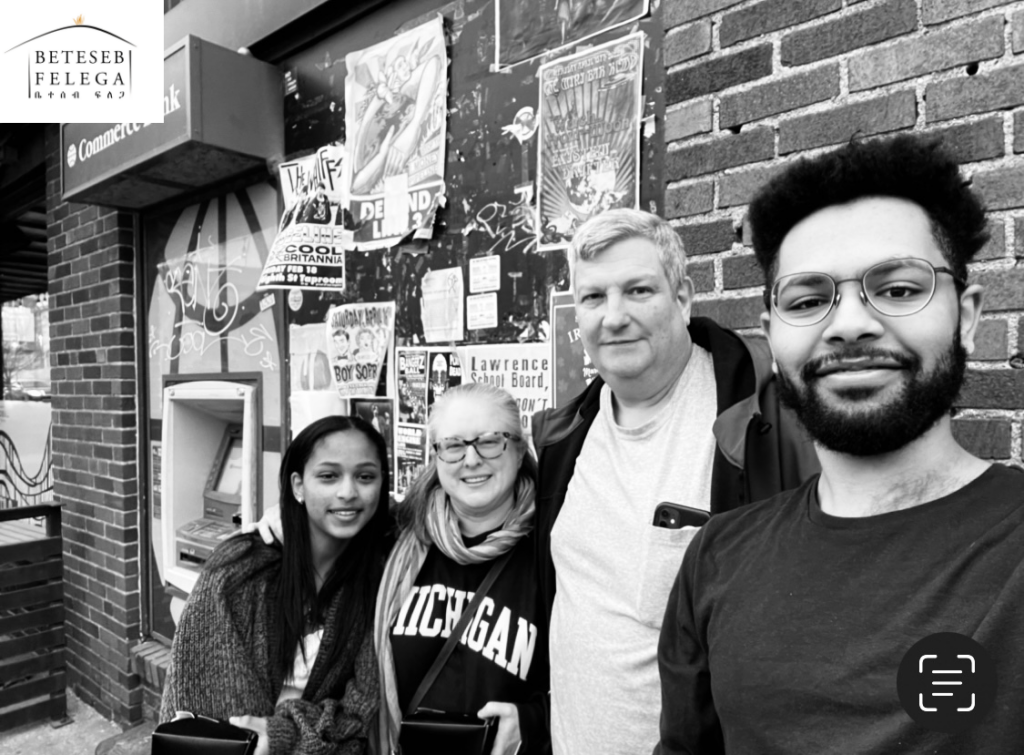
Andrea , thanks for taking the time to share your stories with us today We’d love to hear about the early days of establishing your own firm. What can you share?
The nonprofit I founded is called Beteseb Felega – Ethiopian Adoption Connection. We work in an area commonly known as “post adoption services.” Specifically, we help adoptees from Ethiopia regain their lost histories and family ties, and we also work with Ethiopian original/birth families to help them make contact with their children lost to international adoption. I am originally a musician by profession. I never thought I would be running an NGO as a second career.
I was motivated to do this work by my own children adopted from Ethiopia. When my husband and I first met our son, I was overwhelmed by the fact that his mother in Ethiopia didn’t know where he was. He was so far from his home. It seemed wrong. From there, alongside taking care of him and learning to be his mother, I began searching for his family. Our adoption agency was absolutely no help; in fact, the director laughed at my request.
After trying the adoption agency, I began asking Ethiopians in my area for help. How can I find a person in Ethiopia? That was my question over and over. No one had any good ideas. My search evolved into hiring people in Ethiopia to search for us. When our kids were 2 and 4 years old, a friend we hired to do exactly that found our daughter’s family within a very short time. Both our children were listed as abandoned on their paperwork, so we were quite surprised.
Years went by. We tried hiring different people to search for our son’s family. We got scammed multiple times. No one could find anything about him. It was as if he dropped from the sky onto a spot, with no connections to anything or anybody. Of course, that is not true; everyone has family.
Later, more and more people were trying to access their adopted Ethiopian children’s histories. Ethiopian original/birth families were also attempting to find their children. I took a leap and created a voluntarily online database where adoptees, adoptive parents, and Ethiopian families could sign up to find each other. I believe it is the first such database for inter-country adoption. Prior to our website database, Ethiopian families had no voice and no way to reach out. I am immensely proud that we can provide a voice for Ethiopian families in this way. We are a bridge between countries and cultures.
We have reunited over 350 families so far. [through the database, as of October 2023]
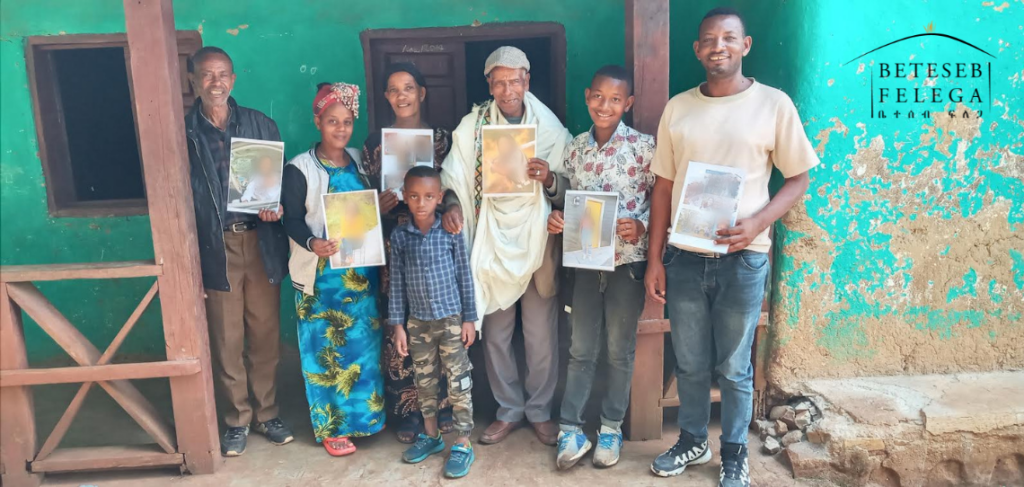
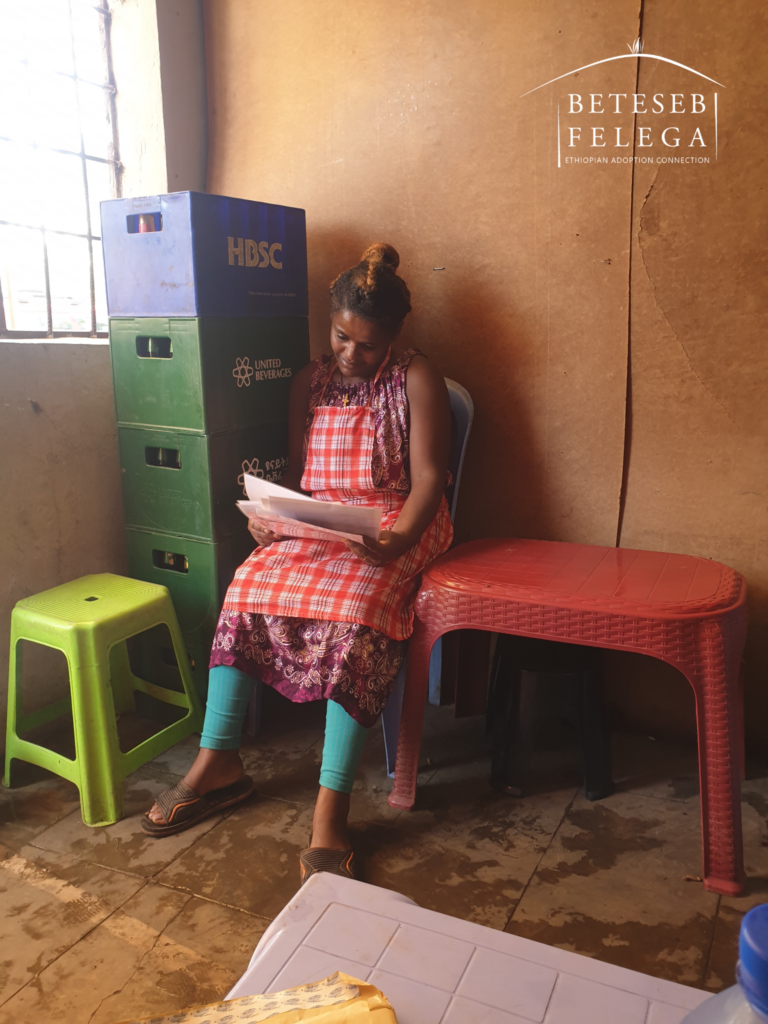
Awesome – so before we get into the rest of our questions, can you briefly introduce yourself to our readers.
Beteseb Felega – Ethiopian Adoption Connection provides several services for our clients. We have our online database with thousands of search cases posted on behalf of adoptees and Ethiopian families. For each reunited or ‘solved’ case, we provide a full history to the adoptee including an 8-20 page typed report, over 200 photos, and full contact information. For Ethiopian families, we provide an update on their child with photos. We also have a DNA database. We are presently testing mothers and families in Ethiopia. Our DNA database is at FTDNA, a company that graciously provides discount kits for projects like ours. We can also search on behalf of adoptees within Ethiopia, do translations, and provide communication services for clients.
What sets us apart is that we are the only legalized entity doing such work in Ethiopia. We are a registered NGO in both the USA and Ethiopia. We have four professional Ethiopian social workers dedicated to support for our Ethiopian family clients. There is a definite lack of transparency in inter-country adoption, and I am proud that our organization is able to provide clear and ethical support to our clients. Adoptees have the right to know their own history, their own birth story, and their families by birth. Ethiopian families have been neglected and deceived in the adoption process. What we are doing is correcting this to some degree by returning some of what was lost in the adoption process.
Can you share a story from your journey that illustrates your resilience?
One challenge we face is that not everyone believes it’s important for adoptees to have their adoption and family history. Even fewer support open adoption, nevermind original families having a platform with which to search. Additionally, deep research into an adoption, how it was processed, and who the biological family is, can shed light on unethical practices of the actors at every level of the process.
All this leads to potential conflict with adoption agencies, orphanages, and even governments that have an interest in protecting their stake, and adoptive parents who don’t want to deal with original families. We have been threatened and more by all the above-mentioned groups. Our social workers in Ethiopia have been attacked and jailed on several occasions. We must keep their identities hidden.
There is also a heavy emotional burden that comes with this type of work. We carry the weight of the sorrow and loss of everyone we help. Our social workers frequently bring up the ‘disintegration of the family’ that results from inter-country adoption. It can be a lonely road.
Perhaps the hardest part of this is that the nature of the work also affects our ability to raise funds. While most NGOs provide food or schooling, we are frequently uncovering hard truths that have been hidden for years. I guess you could say we are exposing the ‘dark side’ of adoption. That is a hard pill for many people to swallow, and it can be scary. We push forward because it is the right thing to do.
Despite these challenges, it is a joy and a privilege to do this work. Whenever we reunite an adoptee with their family, it feels like we have slayed a dragon!
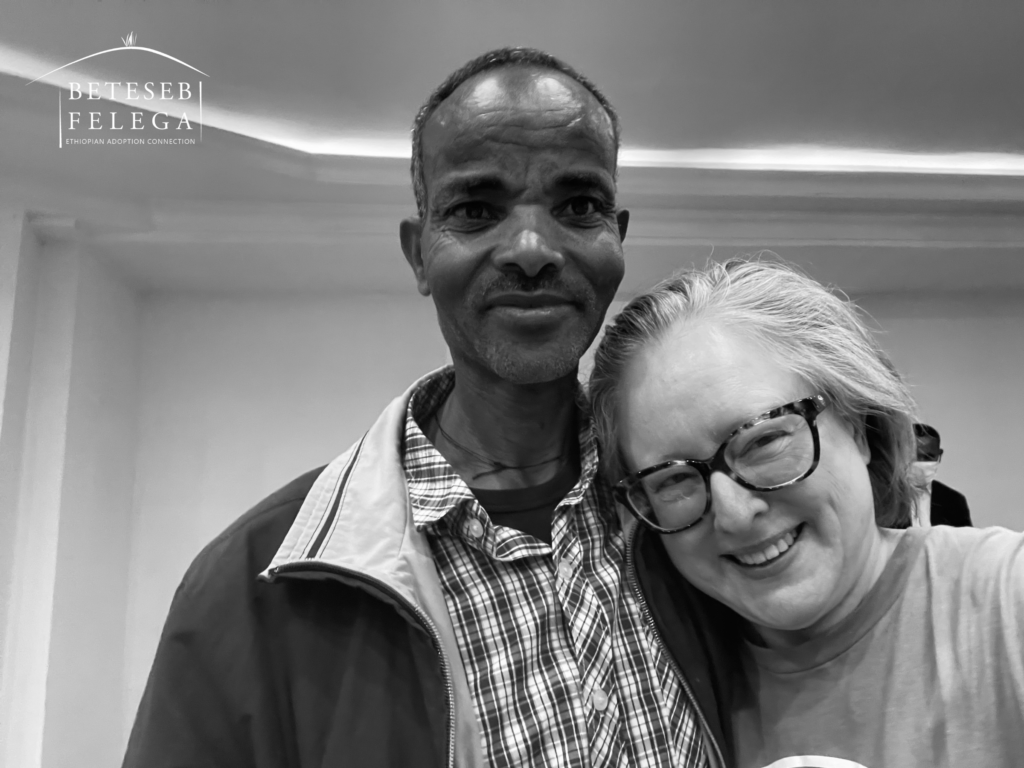
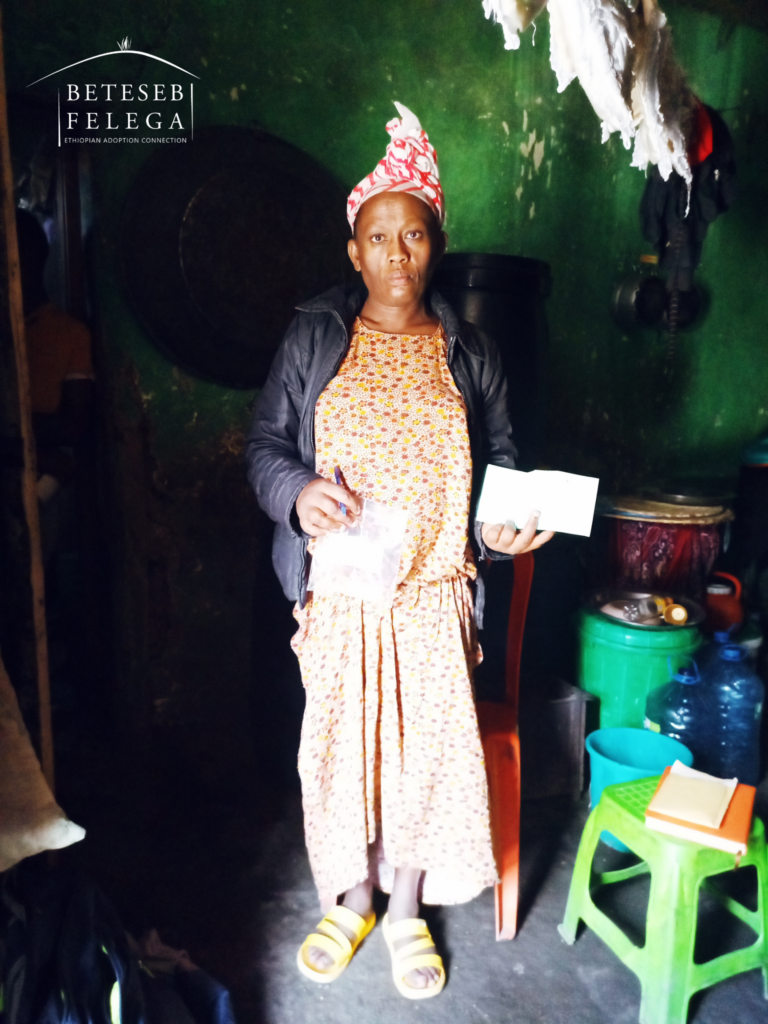
Have you ever had to pivot?
Starting this organization was a huge moment in my life. It was really my sense of justice for my kids that motivated me. It took so much patience and focus to put everything together. I had never done anything like this before. Some not-so-friendly people told me not to bother. They said I would fail. I had to prove them wrong. Too much was at stake.
We started with $3,000 in my kitchen. An American original/birth mother named Claudia Corrigan D’Arcy set up the website for me. It wasn’t just a regular website with some text, mind you. It had a database! And I knew nothing about running a website or a database. I learned fast. Now I can update the site, add nifty tools by myself, make backups, update the database, and more. When things are really hard, I call on my amazing coder, Derrick. I still have trouble reading charts and budgets – my eyes glaze over; but we have an accountant for that.
I continue to learn many things about running an organization and being a boss. Sometimes it is painful and frustrating! I am, fortunately or unfortunately, compelled to work on this project. I can’t not do it. My family is astonished at how long, day by day, I can work on Beteseb Felega. They may have used the word relentless…
The adoptees and families we work with make it all worth it. They have been through so much. Adoptees are people with insights others could never have. They are strong people. Much respect to them.
Contact Info:
-
-
- Website: https://ethiopianadoptionconnection.org/
- Instagram: https://www.instagram.com/betesebfelega
- Facebook: https://www.facebook.com/BetesebFelegaEAC
- Linkedin: https://www.linkedin.com/in/beteseb-felega/
- Twitter: https://twitter.com/betesebfelega
- Youtube: https://www.youtube.com/@betesebfelega
- Other: https://tinyurl.com/tiktokBetesebFelega
-
